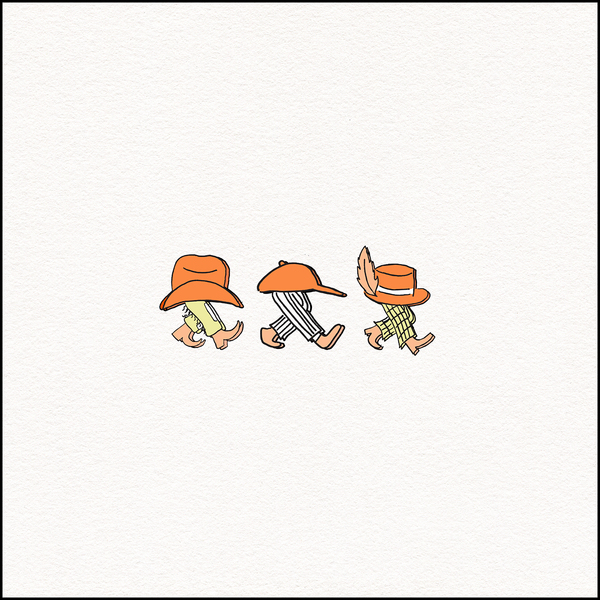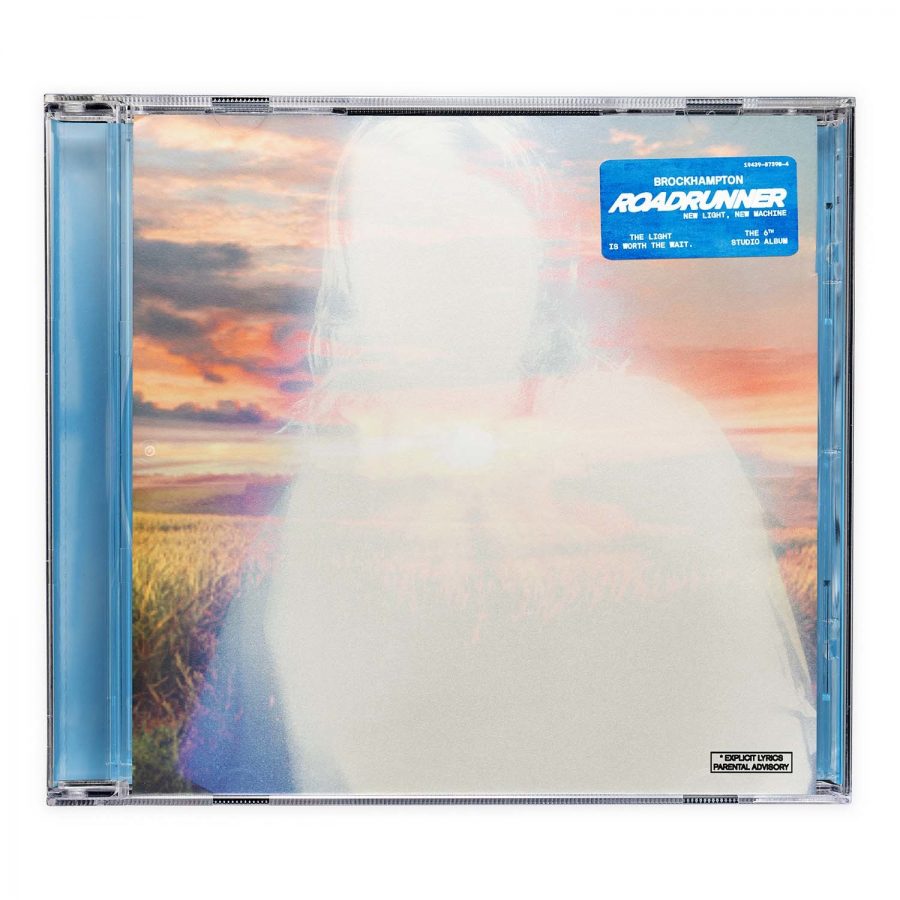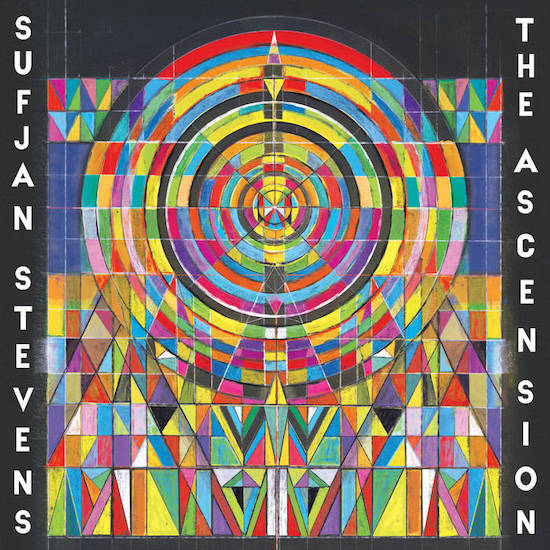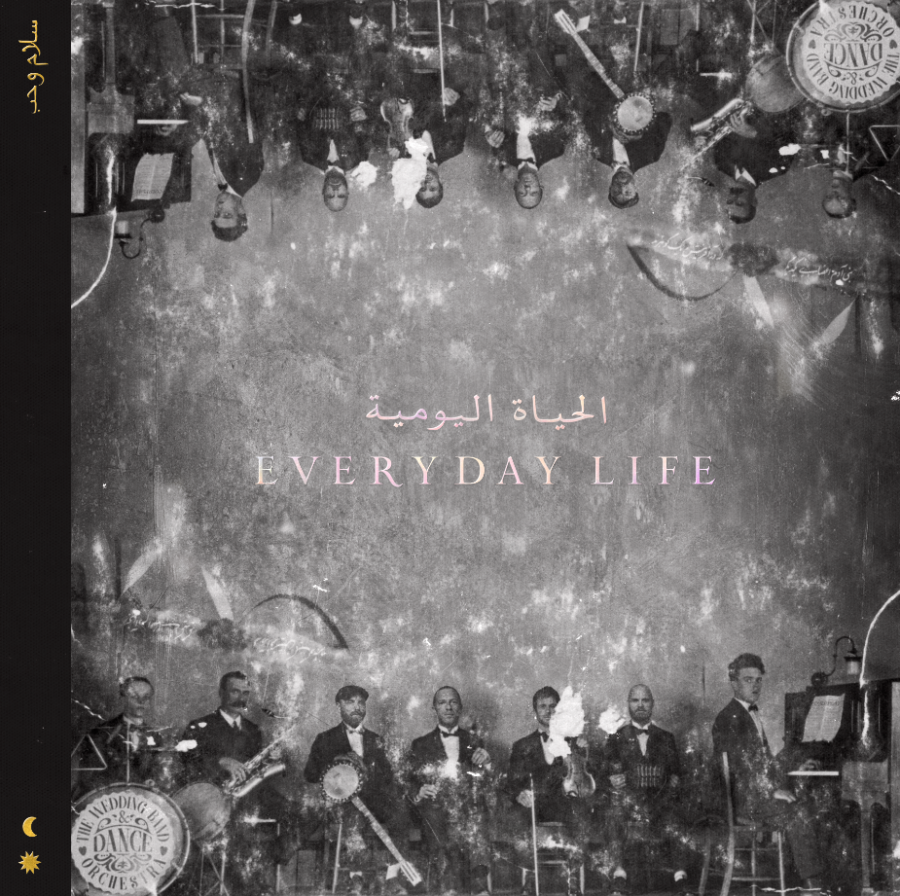Wolf Parade was one of the better bands to emerge from the Montreal indie rock scene in the mid to late 2000s. Since it went on permanent hiatus in 2011, frontman Spencer Krug has continued creating work under the name Moonface.
Under that name, he has experimented with hypnotic organ loops and extended songs, art rock in the vein of late 1970s David Bowie and now “Julia With Blue Jeans On,” an album consisting of nothing but solo piano numbers.
Though the instrumentation has been paired back to a single instrument — plus his inimitable voice — it retains all of Krug’s usual richness.
Partly, this grows out of the fact that Krug is, without exaggeration, the best songwriter in rock music today. His songs are far from conventional and often make use of enigmatic symbols and images, though never blunt, they are passionate and direct all the same.
Though his voice can be an acquired taste, a forceful bellow that is indebted to glam and folk convention in equal amounts. Songs like “Everyone Is Noah, Everyone Is the Ark,” use his unusual vocalization to great effect, imbuing lines like “I don’t know if I can call this home” with monumental pathos.
At lower volume levels his voice is no less engaging, especially on the eight-minute “Dreamy Summer.” Complicated lines like “I’ve been leaving in the sleeves of the shirt you made me/Dreamy summer, got nowhere to be” have been given a slight echo, so that as they slowly fade they get lost in the crystalline piano lines.
It takes a talented instrumentalist to make a full album work with only one instrument. Lacking a full rhythm section, it can be easy for songs to become unrooted, drifting nicely enough but failing to make an impact.
Since the piano can be used for both rhythms and melodies, the challenge is slightly reduced, but only for someone possessing requisite skill. Luckily, as he has proved before, Krug has the chops to anchor his words in beautiful and intriguing music.
On some of the longer tracks, including “Dreamy Summer,” there are extended instrumental interludes between the verses and choruses which, far from being gratuitous, bring some of the greatest pleasures on the album.
Among music critics, it has become axiomatic that indie rock has splintered and diversified into so many niches that the term is meaningless. Whatever “indie” is, it is not a genre anchored by anything like common subject matter, sonic consistency, geography or historical continuity with a certain “scene.”
If anything, indie rock, like almost all media product today, is united by its demographics: it is produced by and for middle class and college educated people who are deathly afraid of politics, in love with “authenticity” and often skittish about sexuality.
“Julia With Blue Jeans On” is par for the course in this regard, though the way it uses a heightened, almost theatrical effect to drive its emotional points home does distinguish it to some extent.
What is more remarkable is that it manages to pare away the band and be a solo piano album without becoming sentimental. It transcends its form to become one of last year’s most remarkable works, making the most of its 48 minutes.











